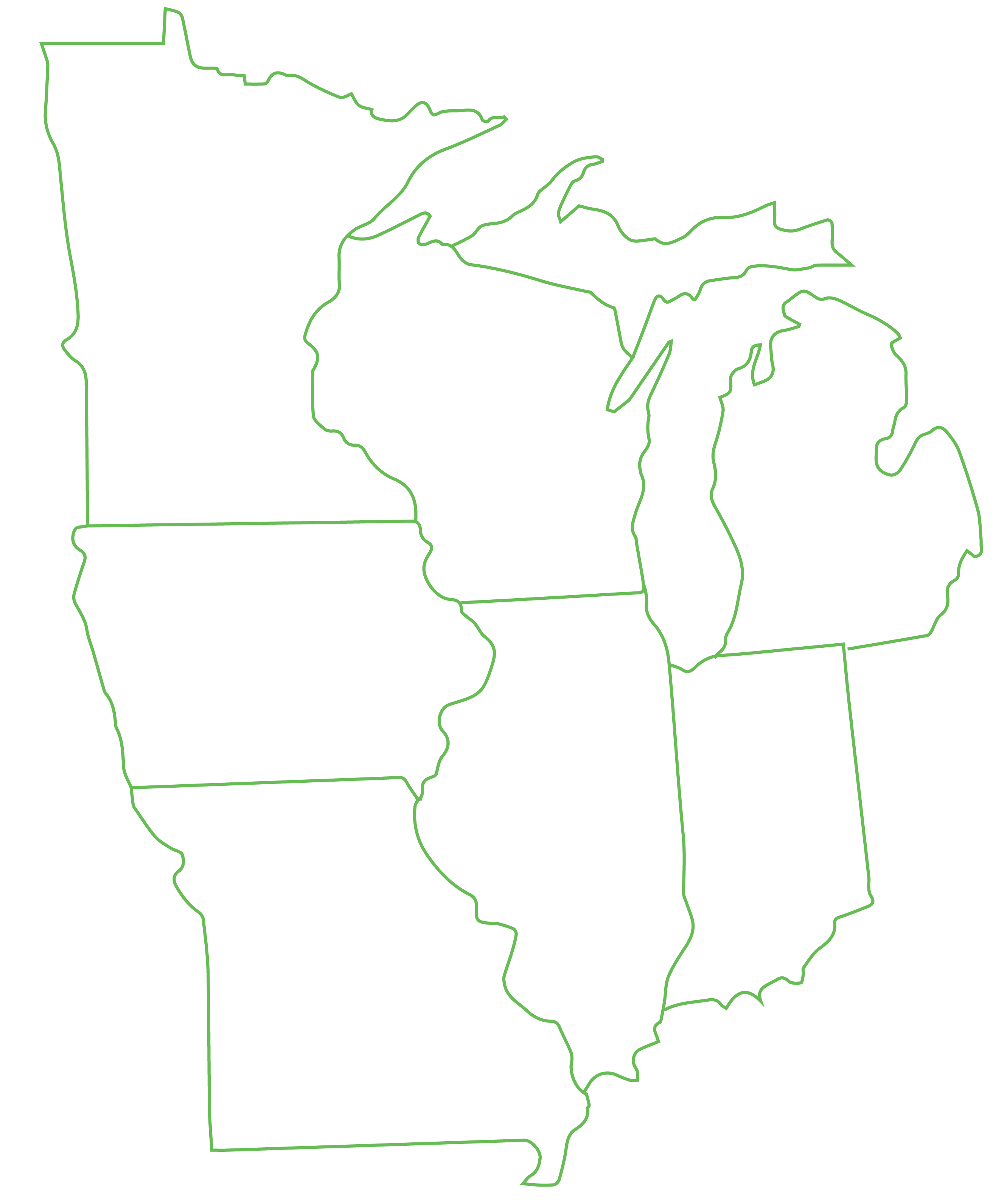Walking the Native Way
Kimberly Sigafus
As I walk along the sand, I watch great waves crash against the shore of Lake Michigan. If I close my eyes, I can feel the rough wind pushing its fingers through my hair as the sun gently touches my face.
I am home.
My ancestors called this place Michi Gami. This is where the Potawatomie, Ojibwa, and Ottawa were one people. After a several hundred year walk from the Northeastern side of the US, long before the white man arrived, my people came to rest in this area, on the shores of the Great Lakes. It was here they divided into the Three Fires Council. The Potawatomie became the keepers of the Sacred Fire, which rekindles the flames of the past and lights the fire of the future. The Ojibwa became the keepers of the Medicine, Faith, and the Sacred Scrolls of the Midewiwan. The Ottawa are the keepers of trade.
As an Ojibwa woman, I understand the importance of the Confederated Nation. It is only when we work together that we can flourish.
As I continue my walk down the sanded path near the water, I wonder how many Natives walked the same beach I am on now. I wonder about their villages, and how they lived this close to the water. What did they think when the waves came up and over their heads as they fished? What about when the wind picked up fiercely, carelessly tossing their canoes away from the shore?
I glance down at the small rocks by my feet, mixed with different colored sand. The wind has pushed the water up ferociously this day, picking and throwing rocks and sand onto the shores. I recognize that with every wave that crashes on the beach comes a new shoreline. Over and over again, the waves build up to towering heights and come crashing down with a watery thunder that blots out any other noise nature offers us. As the waves drop new presents onto the shoreline, they pick up and take out what was there.
It reminds me of the birth of another nation, the United States. They too, came our way with a loud thunder that blotted out anything else. Waves of new people came through this land, taking out what was there: namely, us.
As my mind goes back to that time of lost land and shattered lives, I wonder what others think of the Native culture now. Do they still think of us as those who suffer on poor reservations with no future? And when will people stop apologizing for the centuries-old treatment of the Native community and open their eyes to see that we will always be what we have always been, a proud people with their own culture. While we appreciate the apologies of those well-meaning people who realize the mistakes of their ancestors, those regrets are not from those who were responsible for our plight. No one should be judged by the color of their skin, so how can we hold you responsible for mistakes you did not make?
I find a large boulder with a flat top and sit down on it. By this time, the waves are reaching my legs as they rest against the rock. The water washes away my thoughts of the past and cleanses my mind, readying it for the future.
The steady beat of the waves reminds me of the drums of my people, and I think back to a song I learned from Nookimis, which reminds me how thankful I am for this good life.
Nimiigwechwindam maabaa bimaadiziiwin (I’m feeling grateful this good life)
Nimiigwechwindam maabaa bimaadiziiwin (I’m feeling grateful this good life)
N’miigwechwindam maabaa bimaadiziiwin (I’m feeling grateful this good life)
When I am finished, I close my eyes and send love and blessings out into a world that is still looking for peace and quietude. I have found it here, and in this moment in time, all is well.


